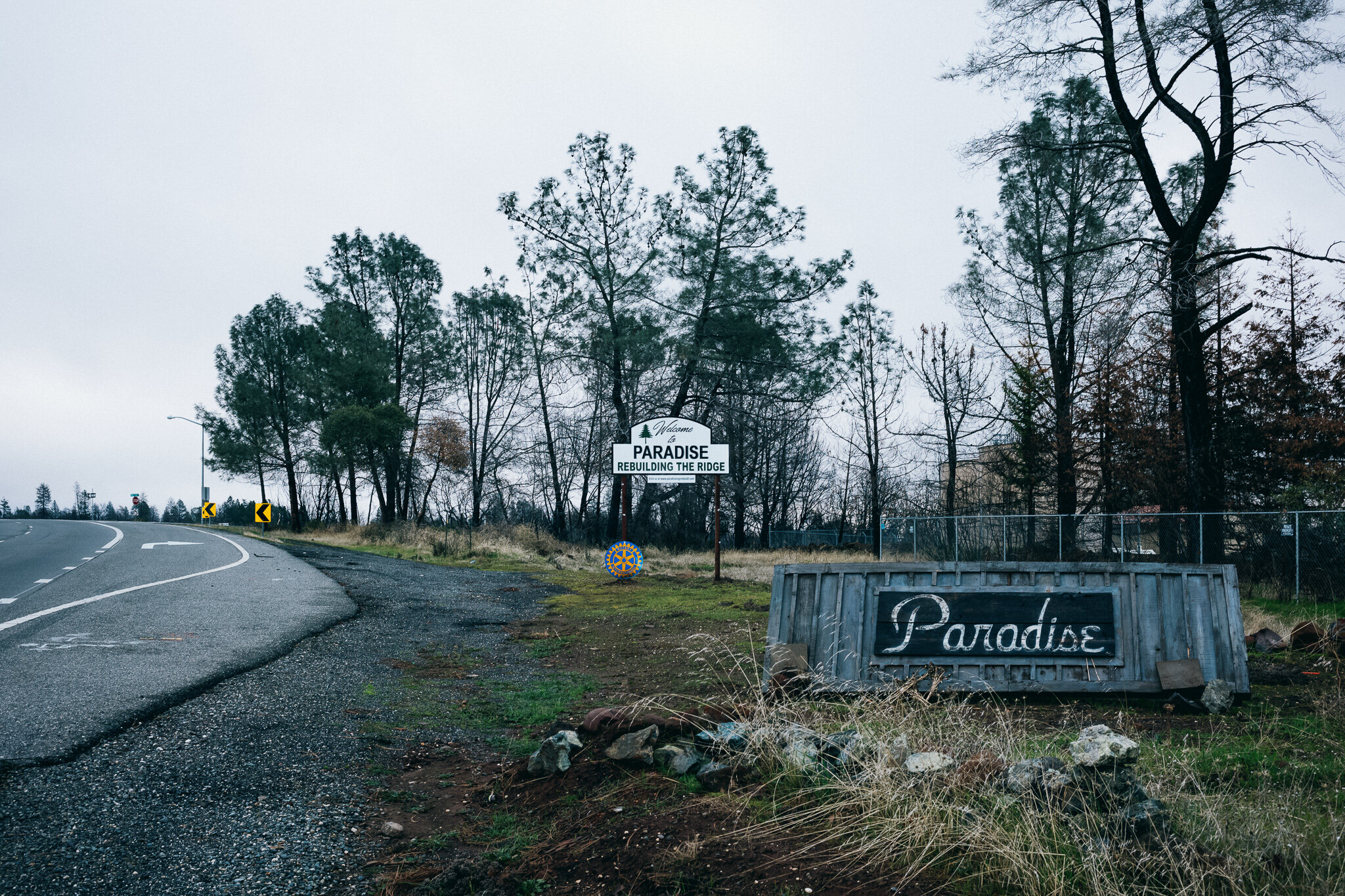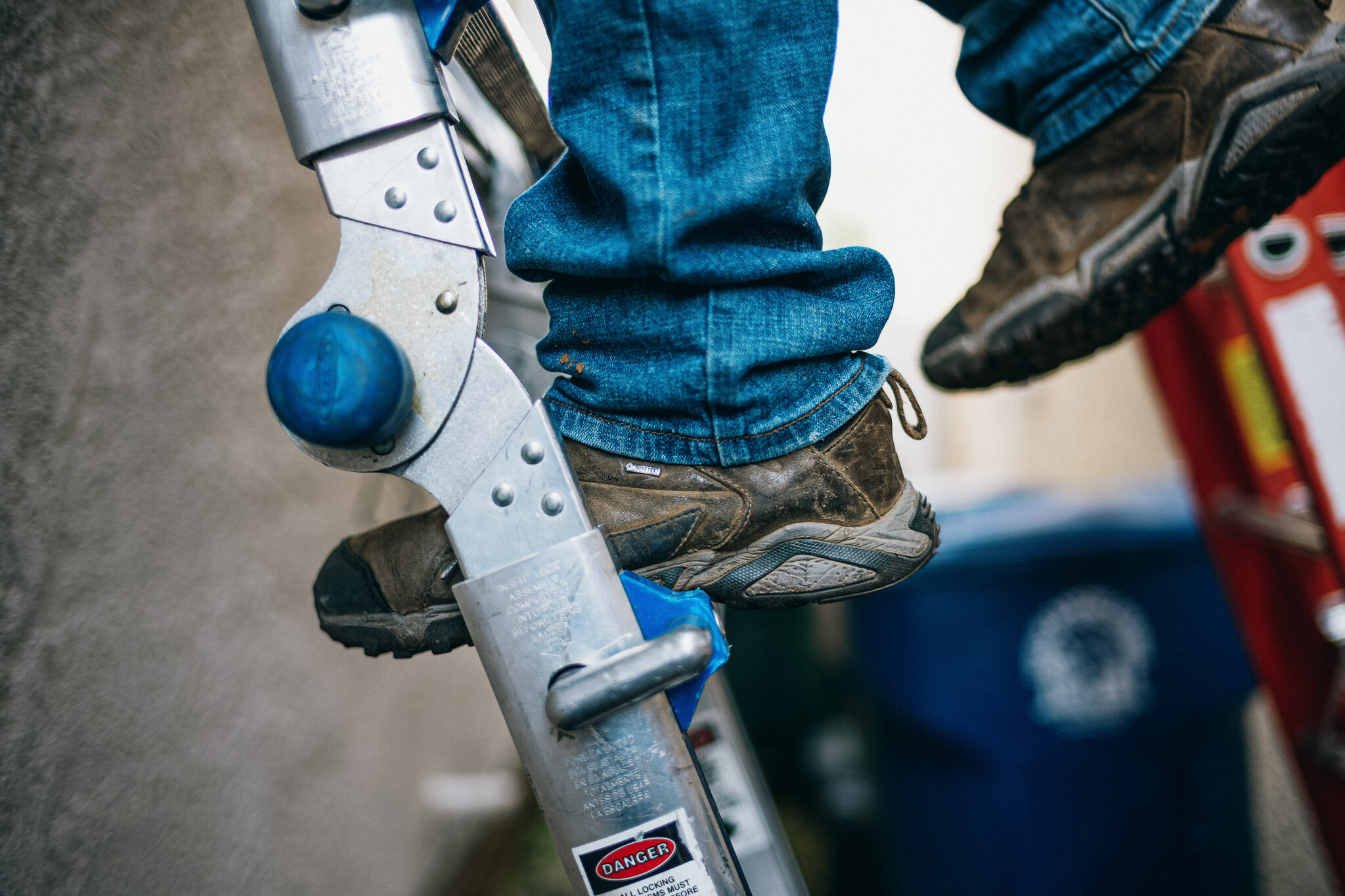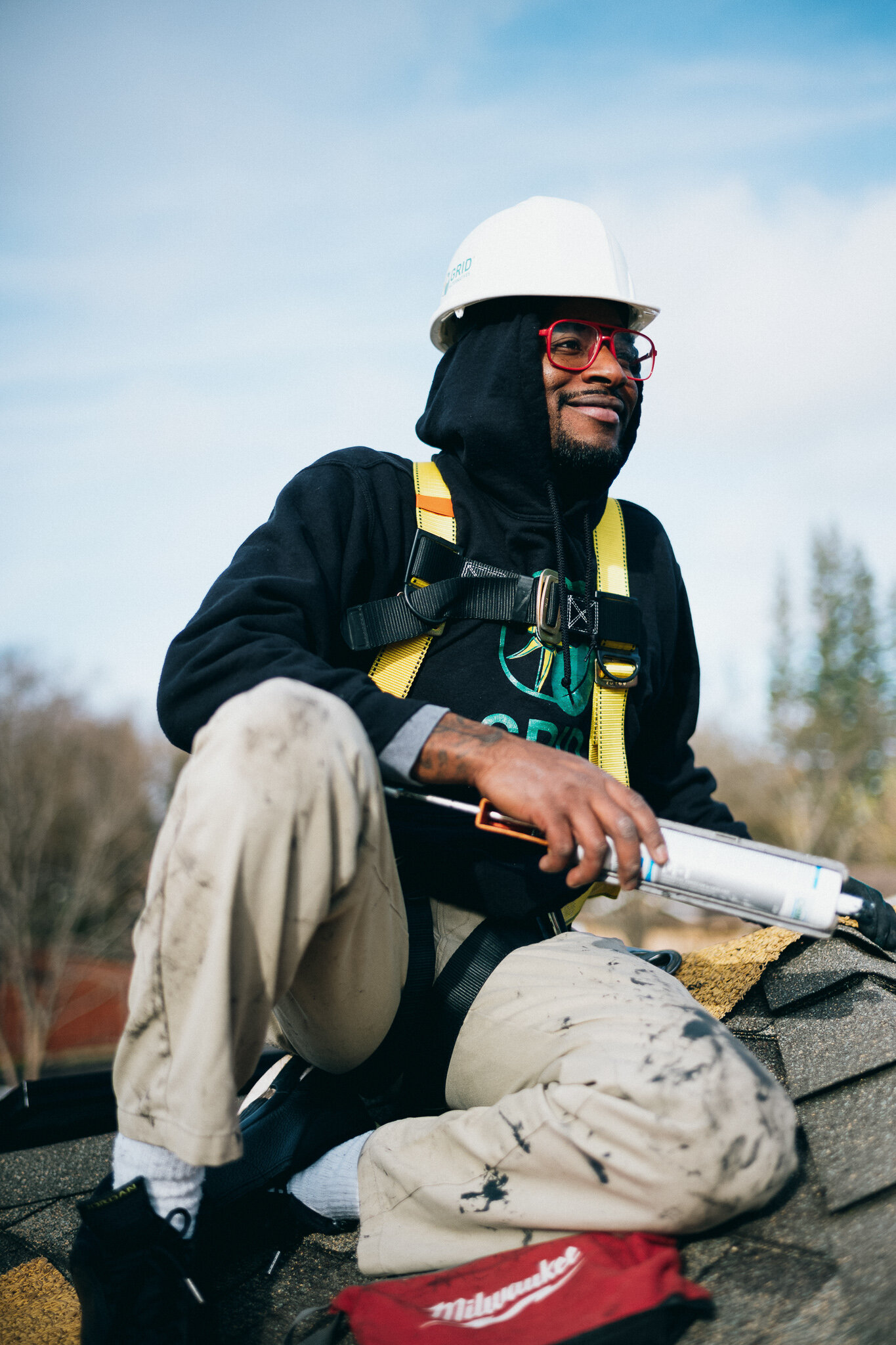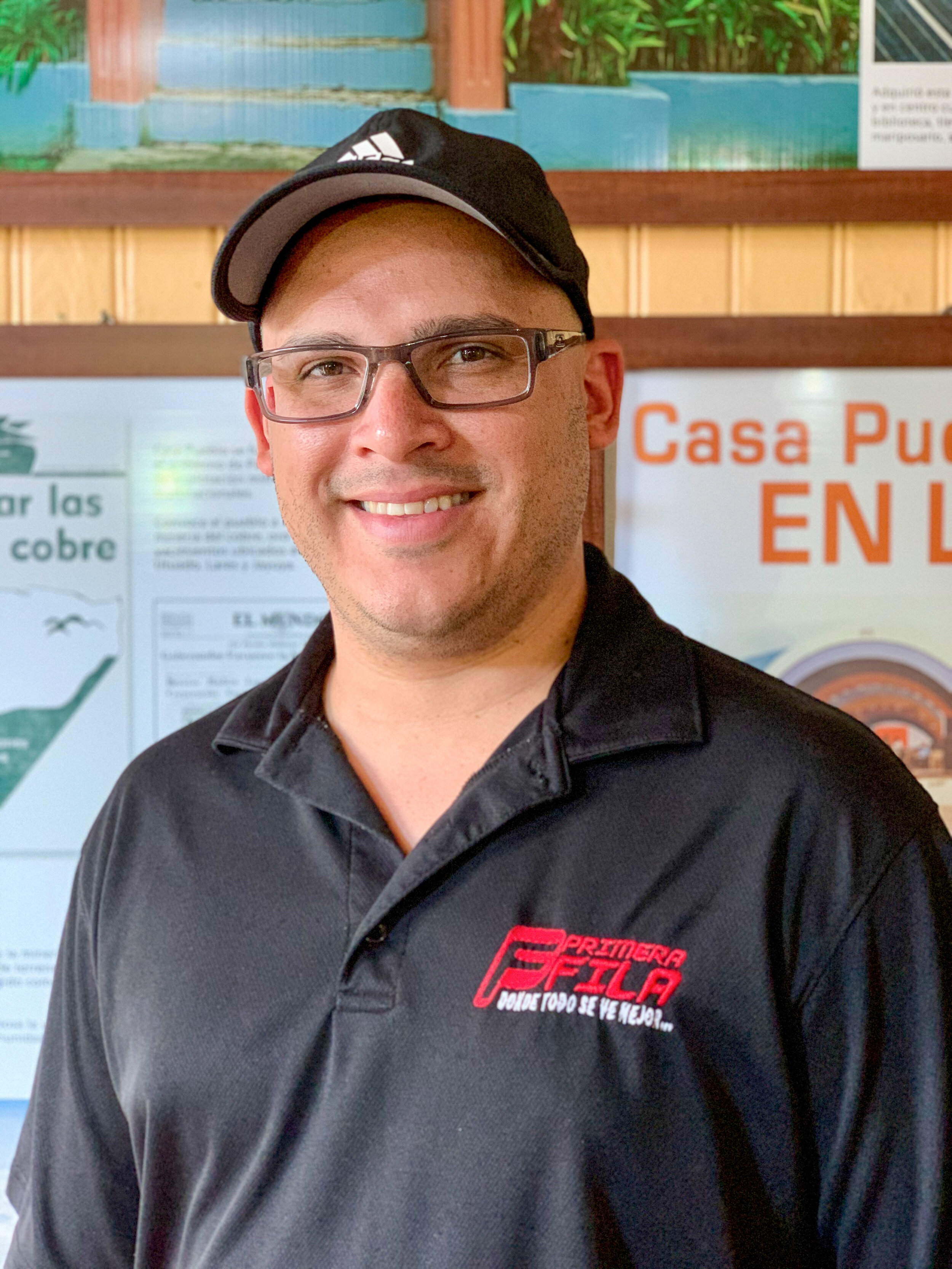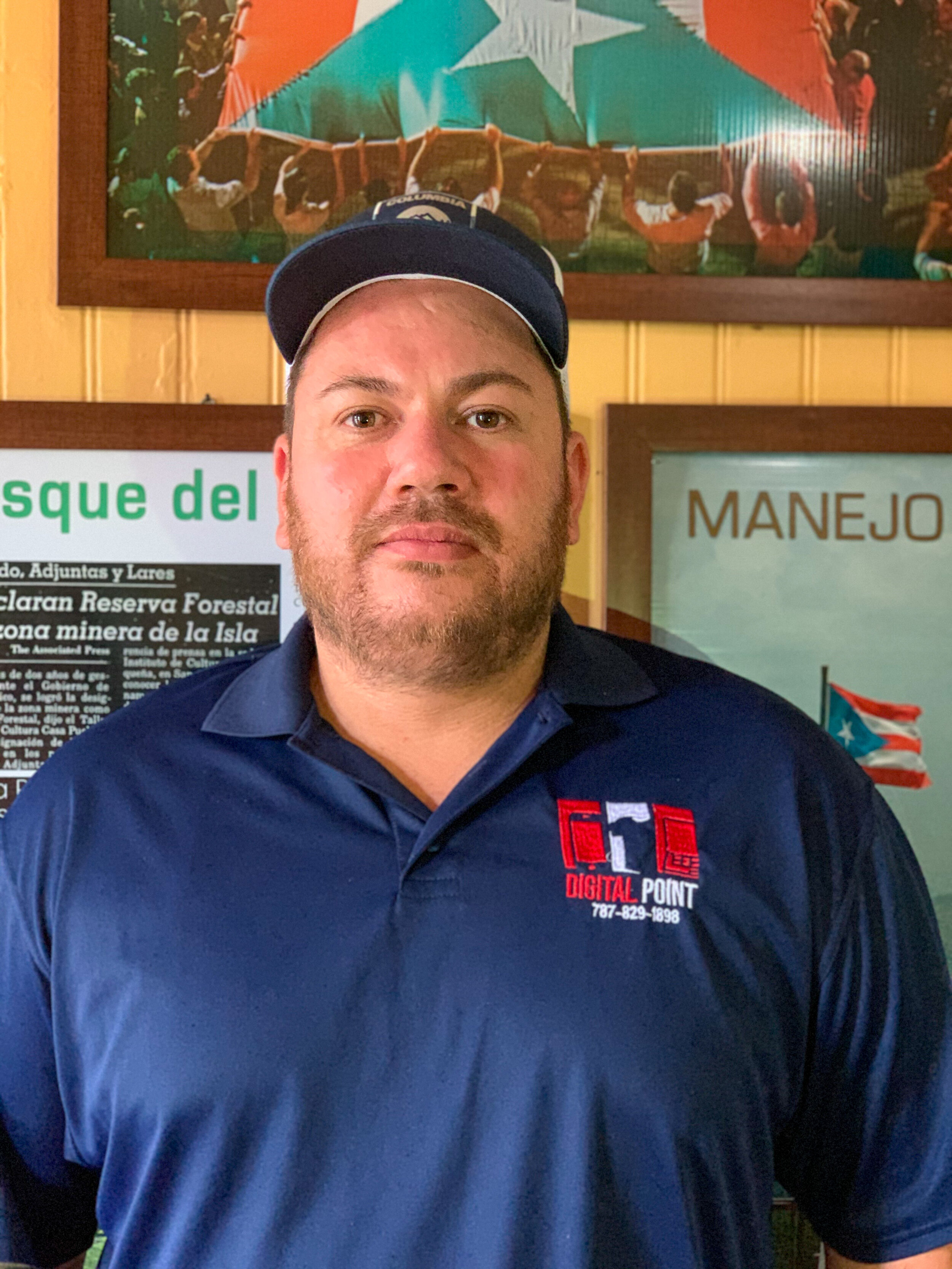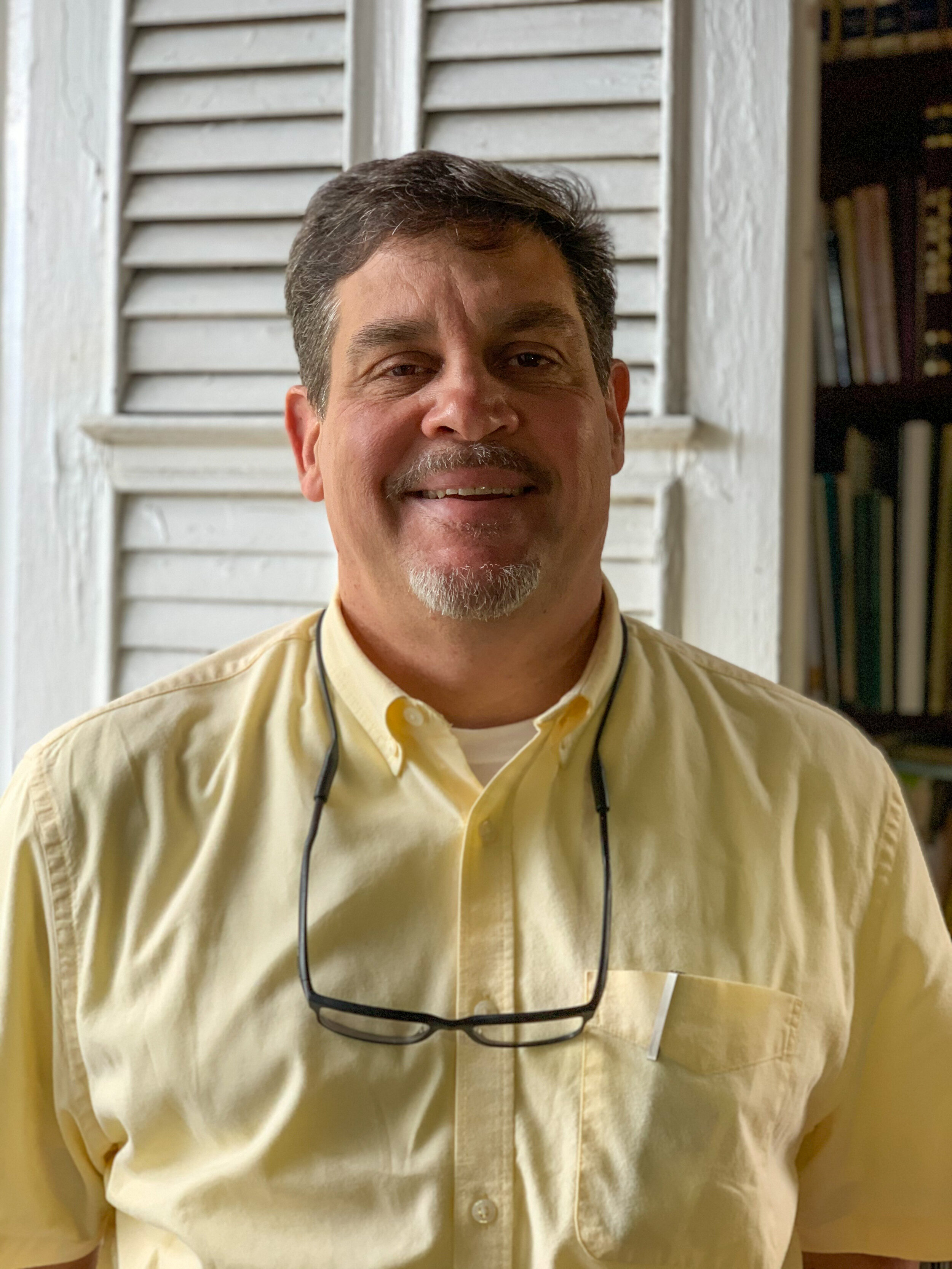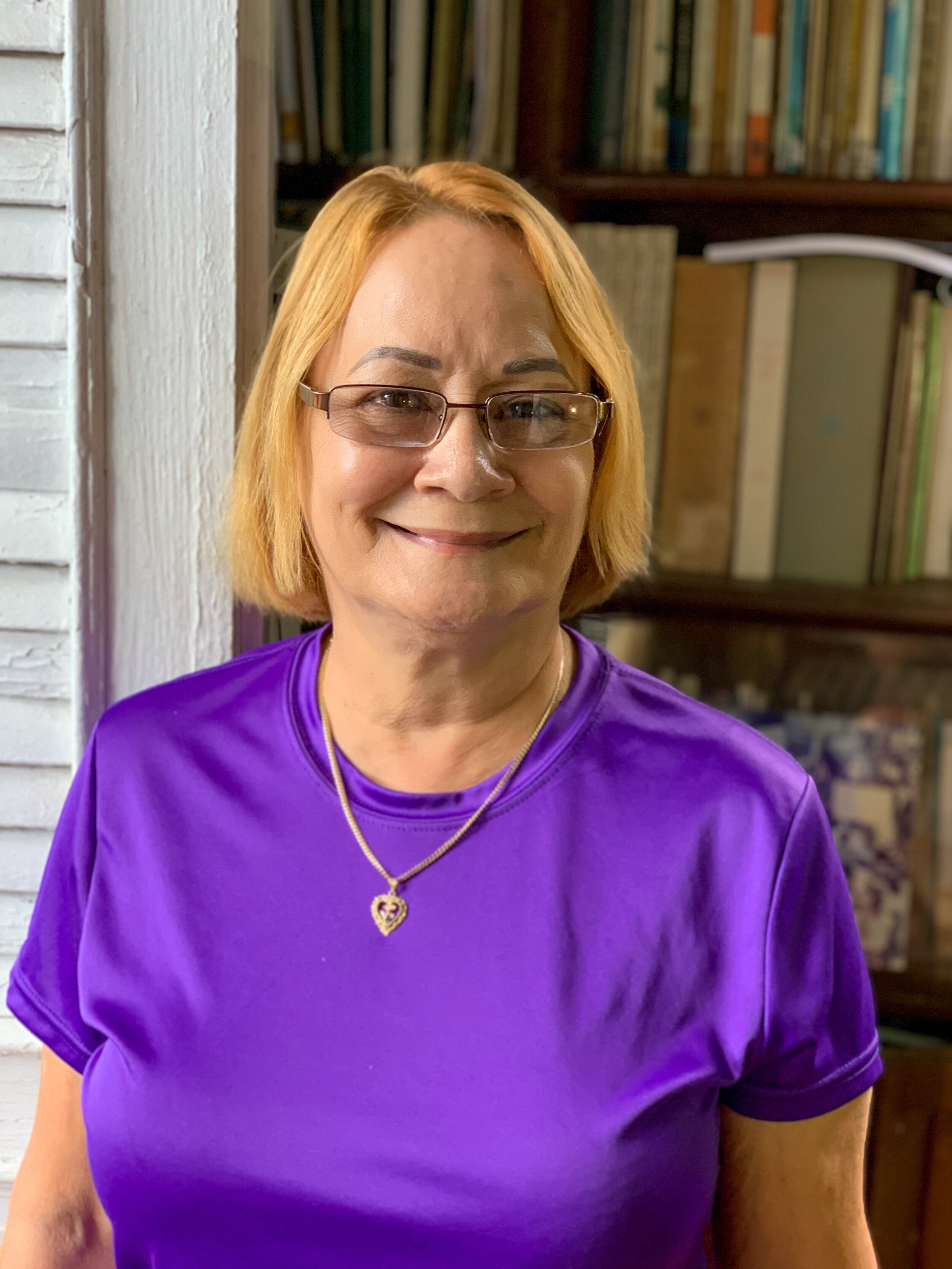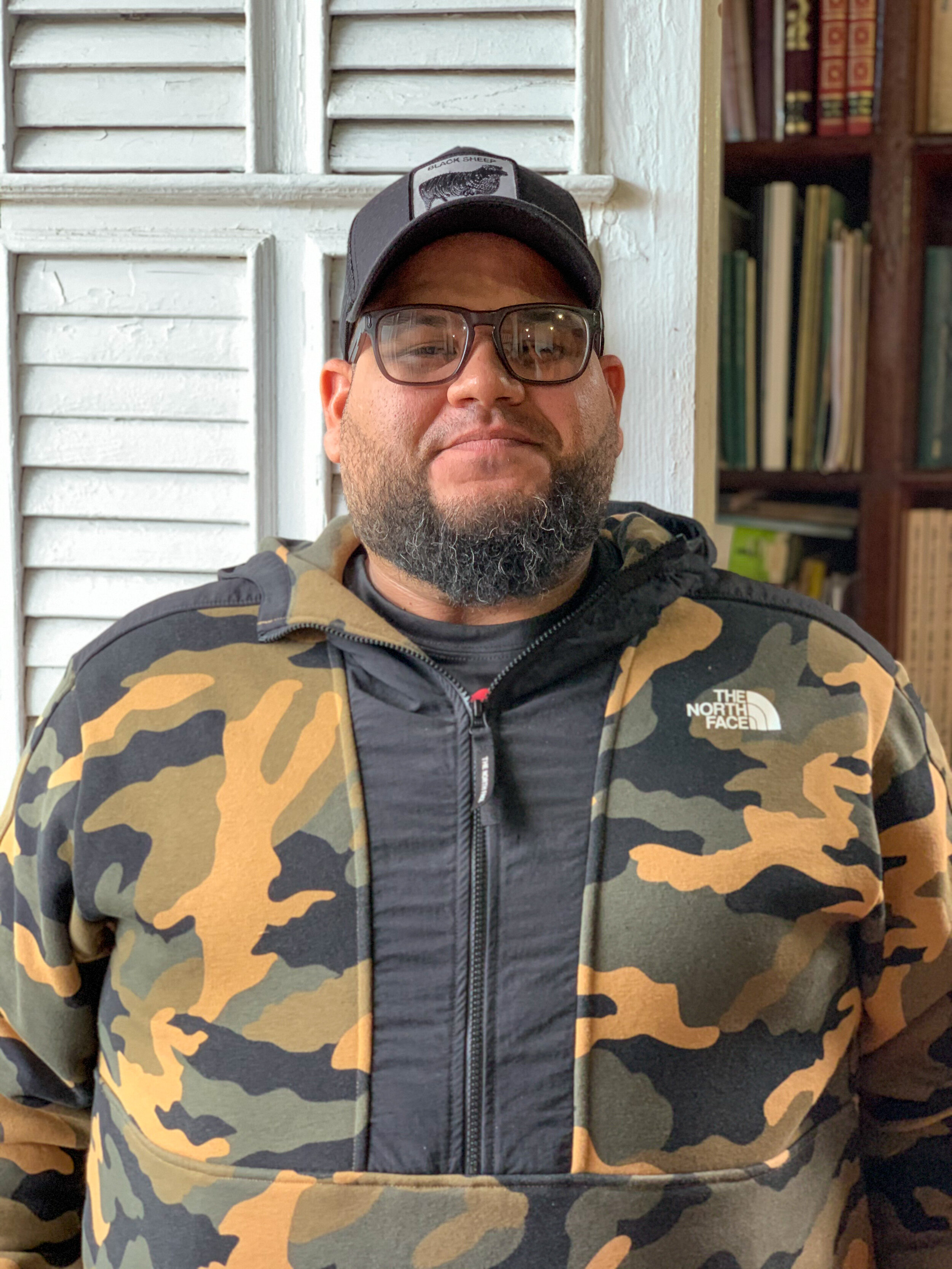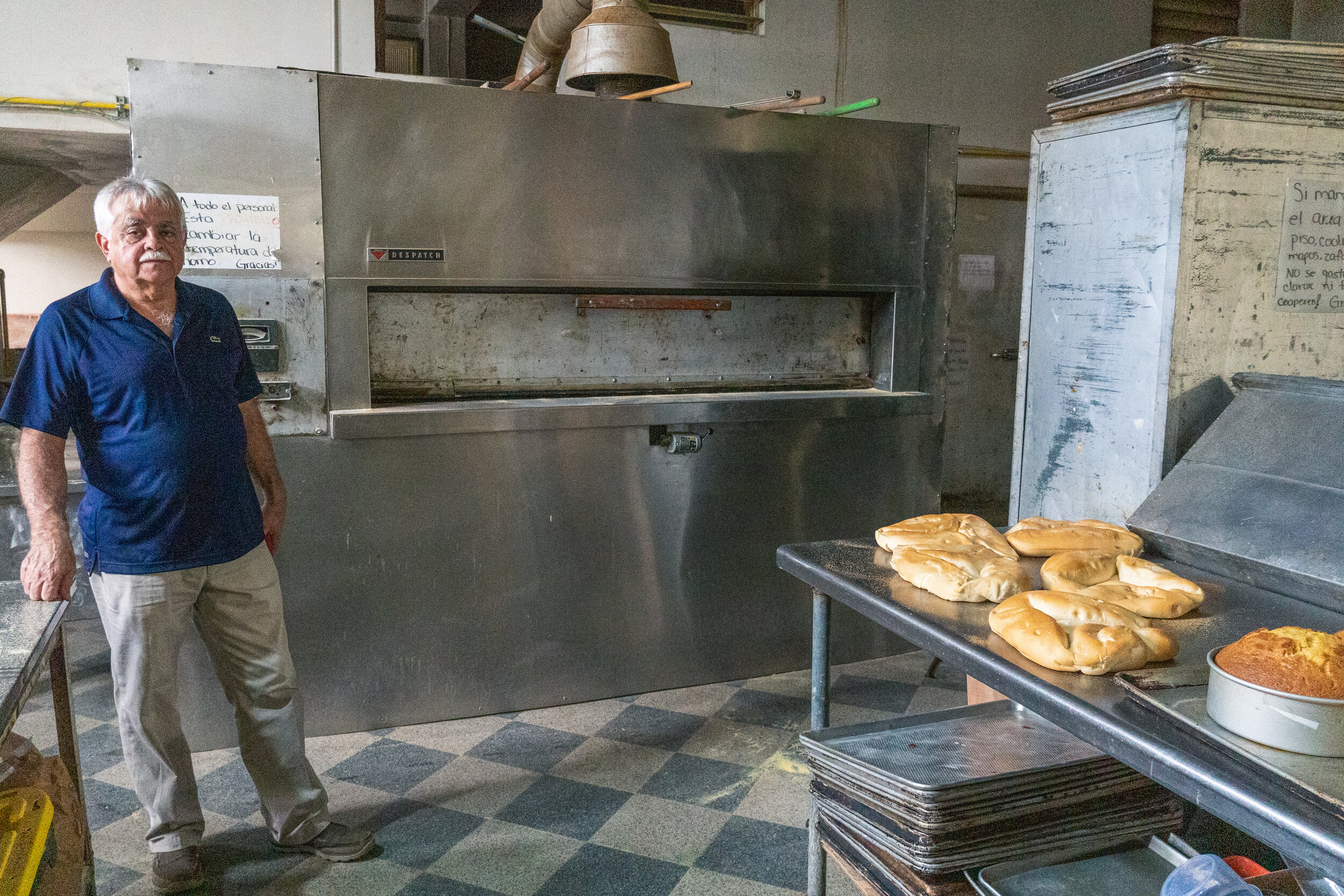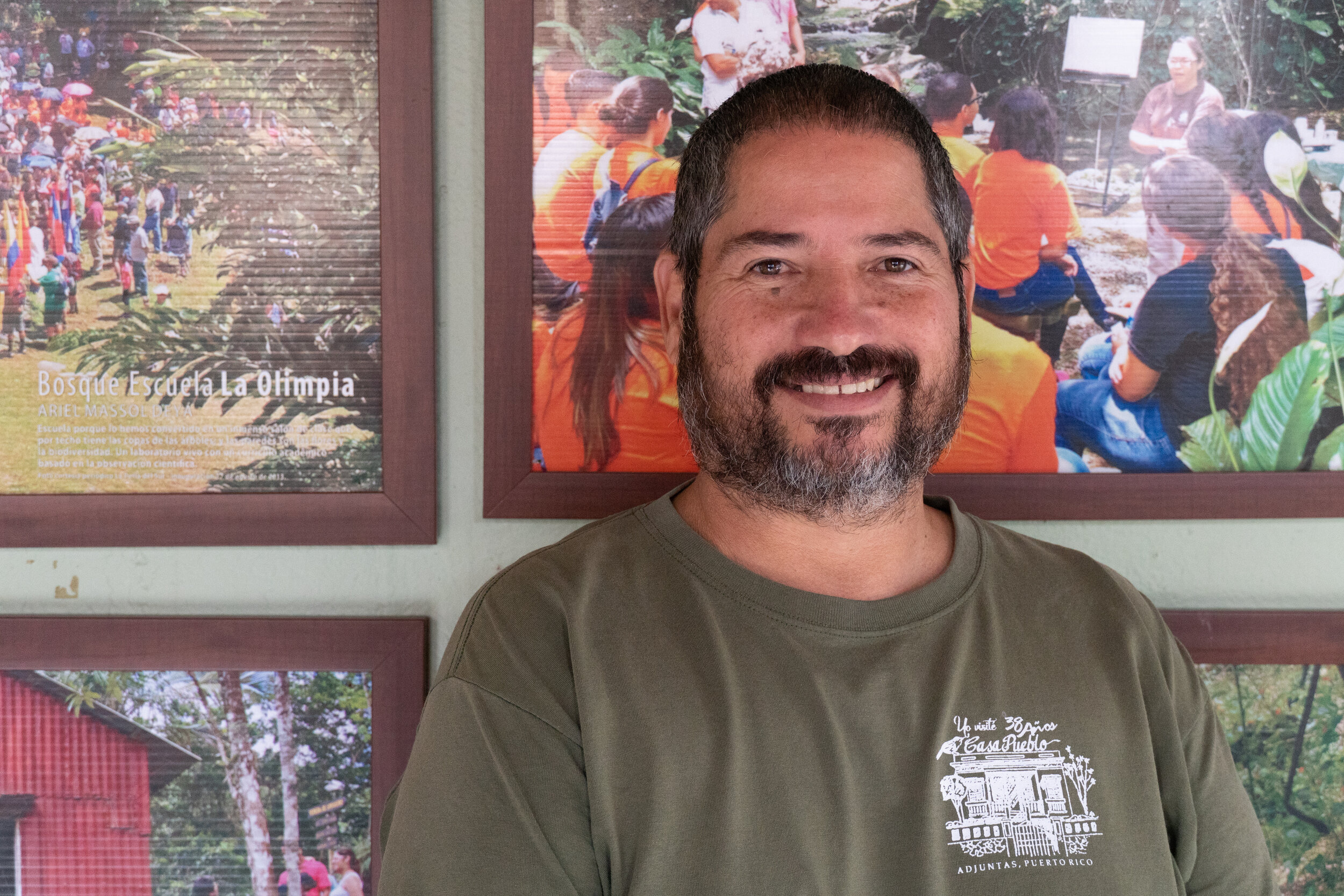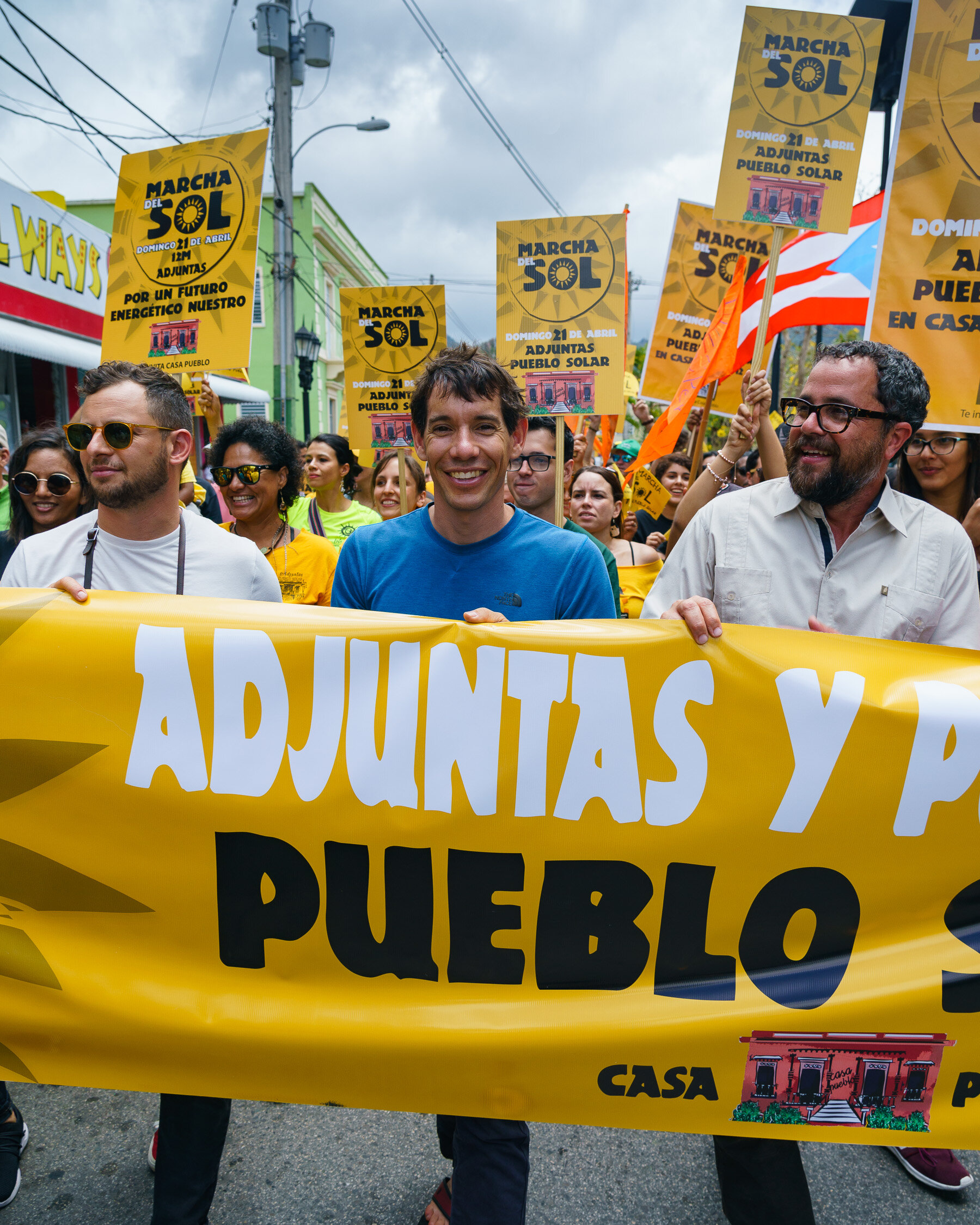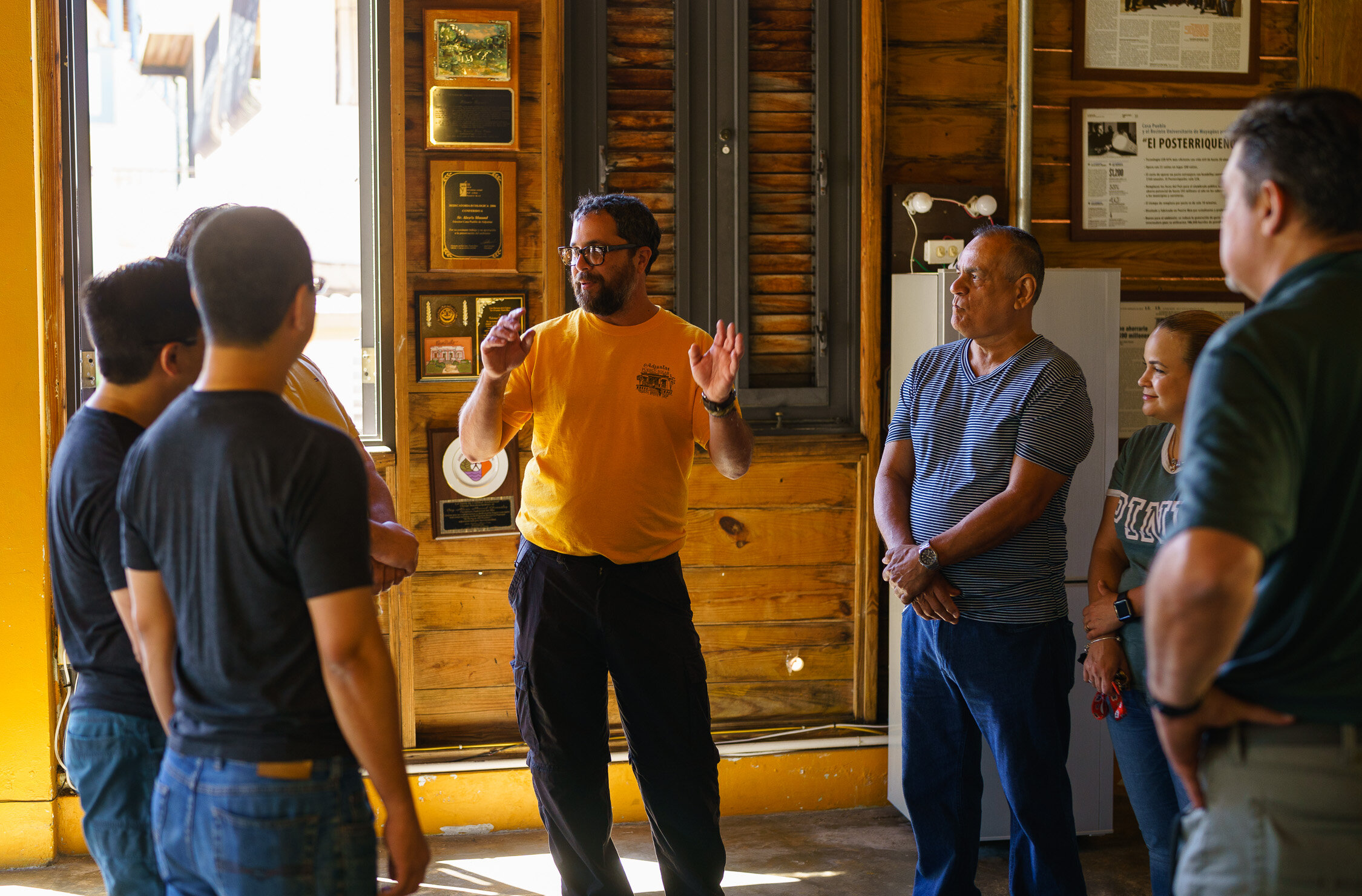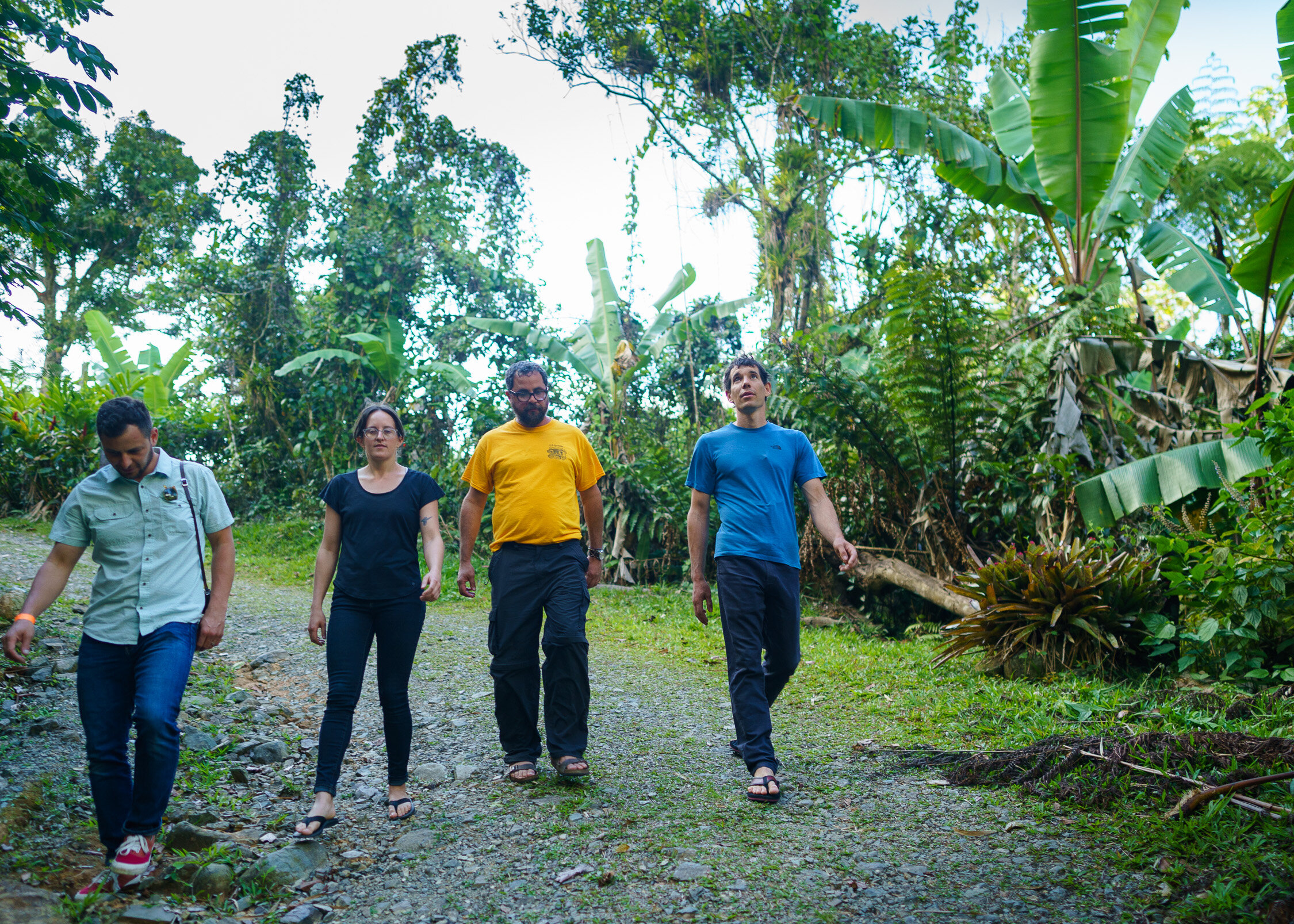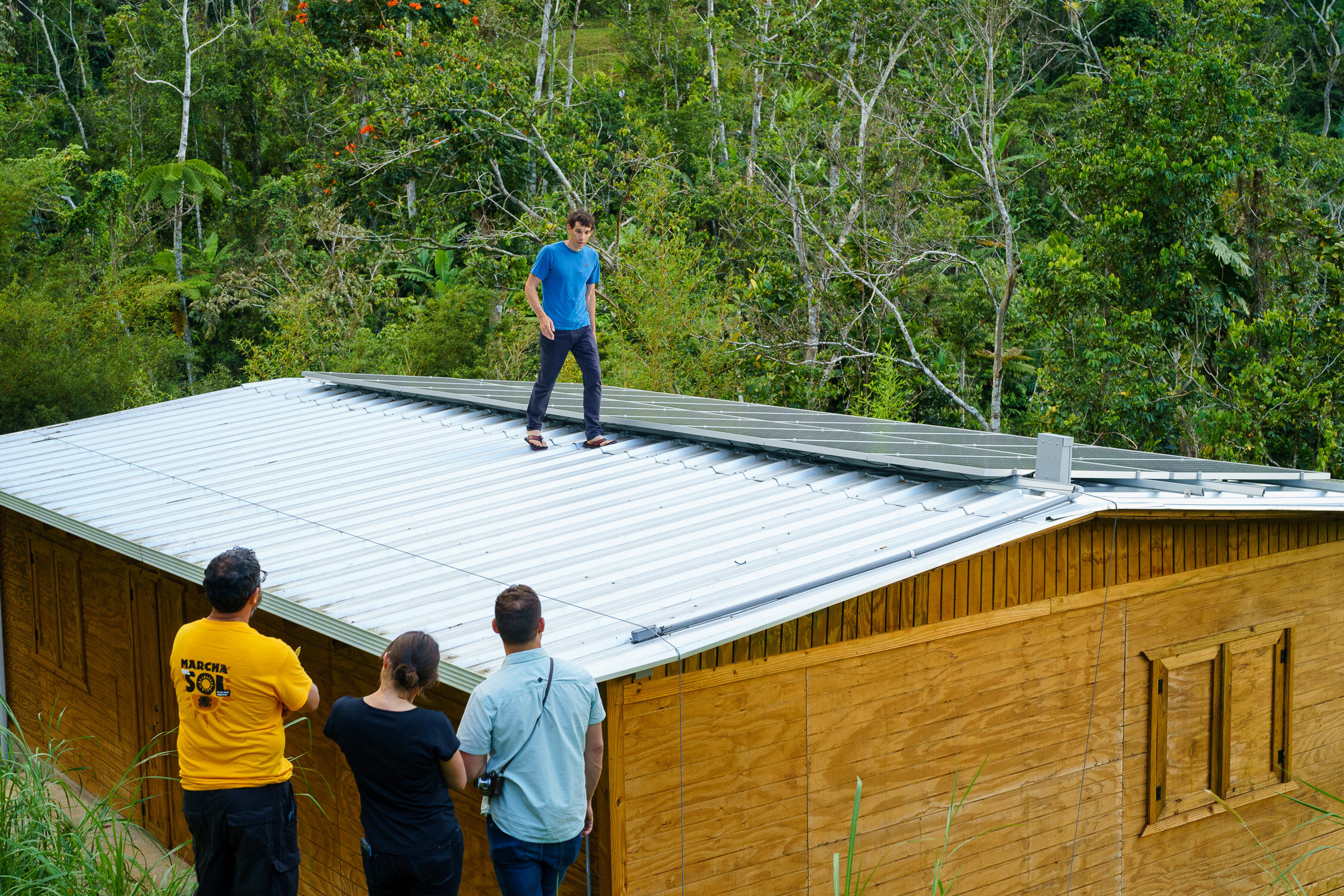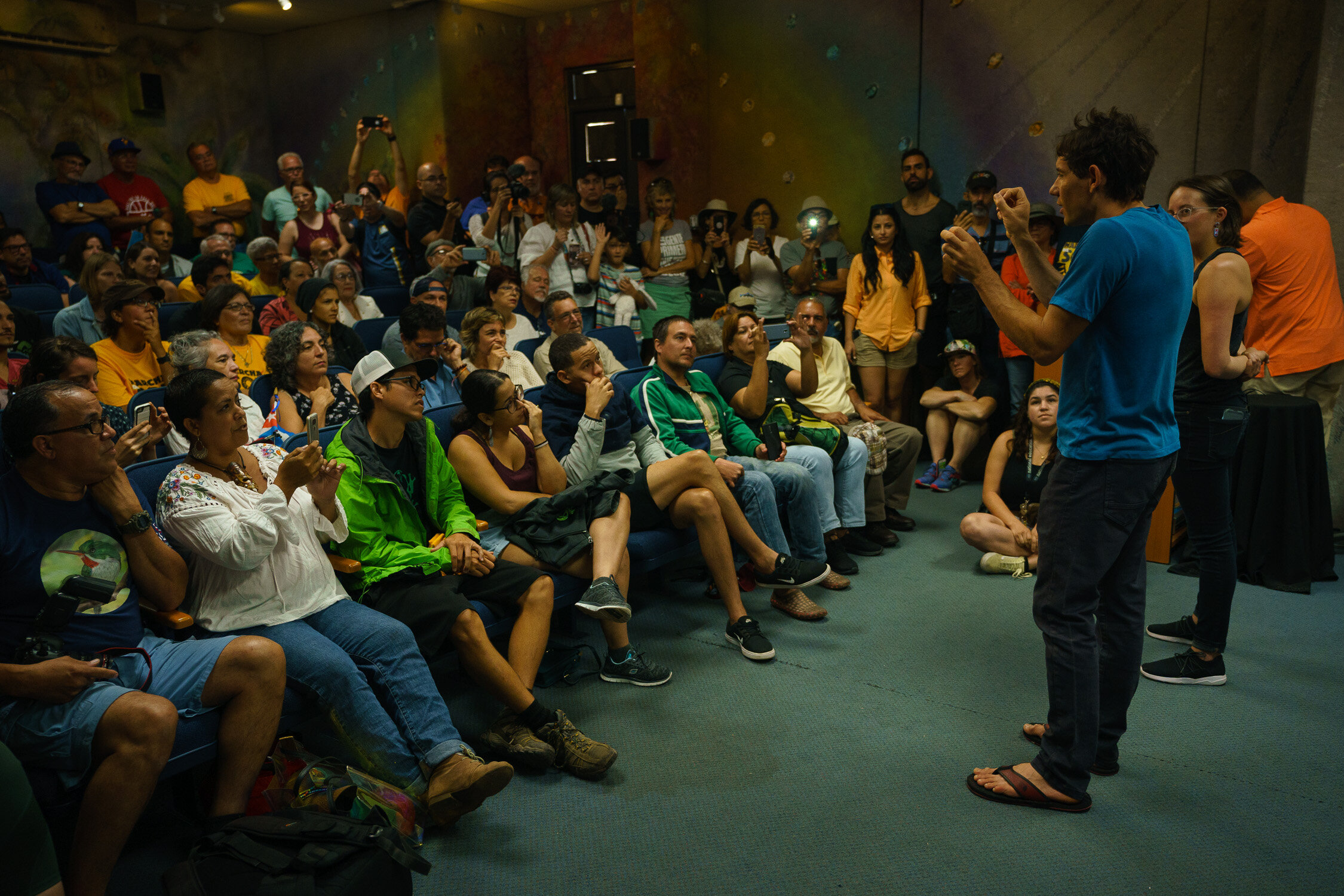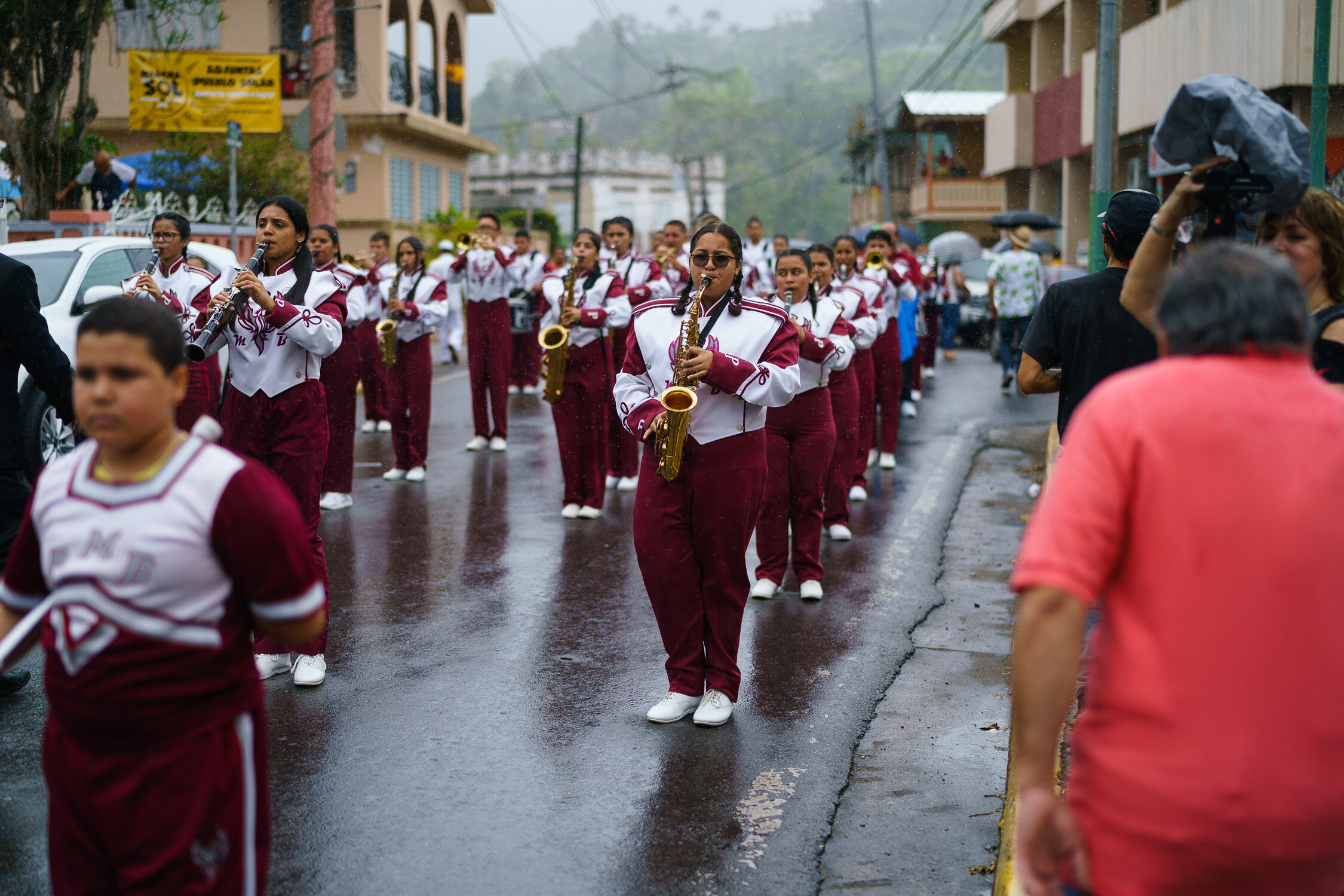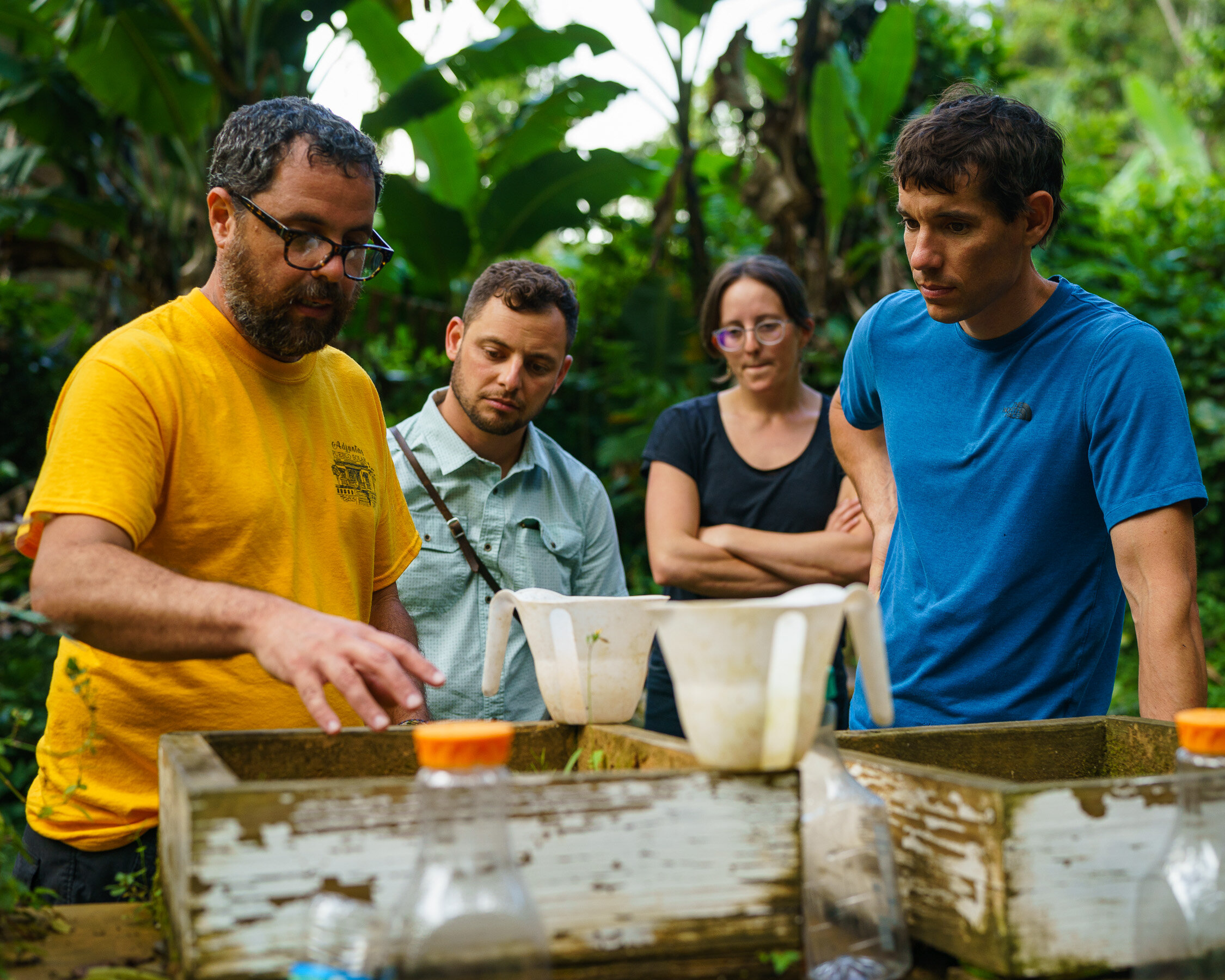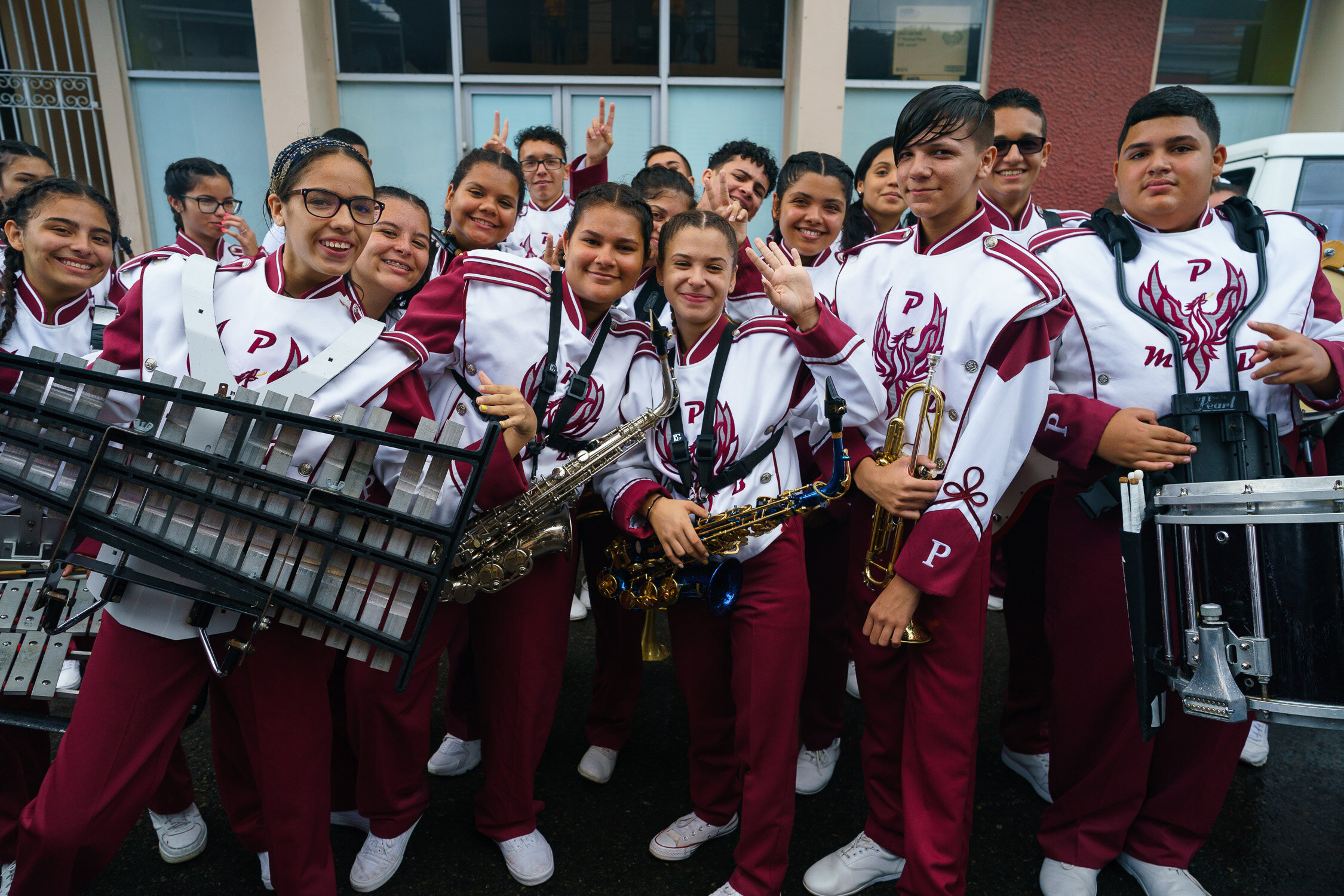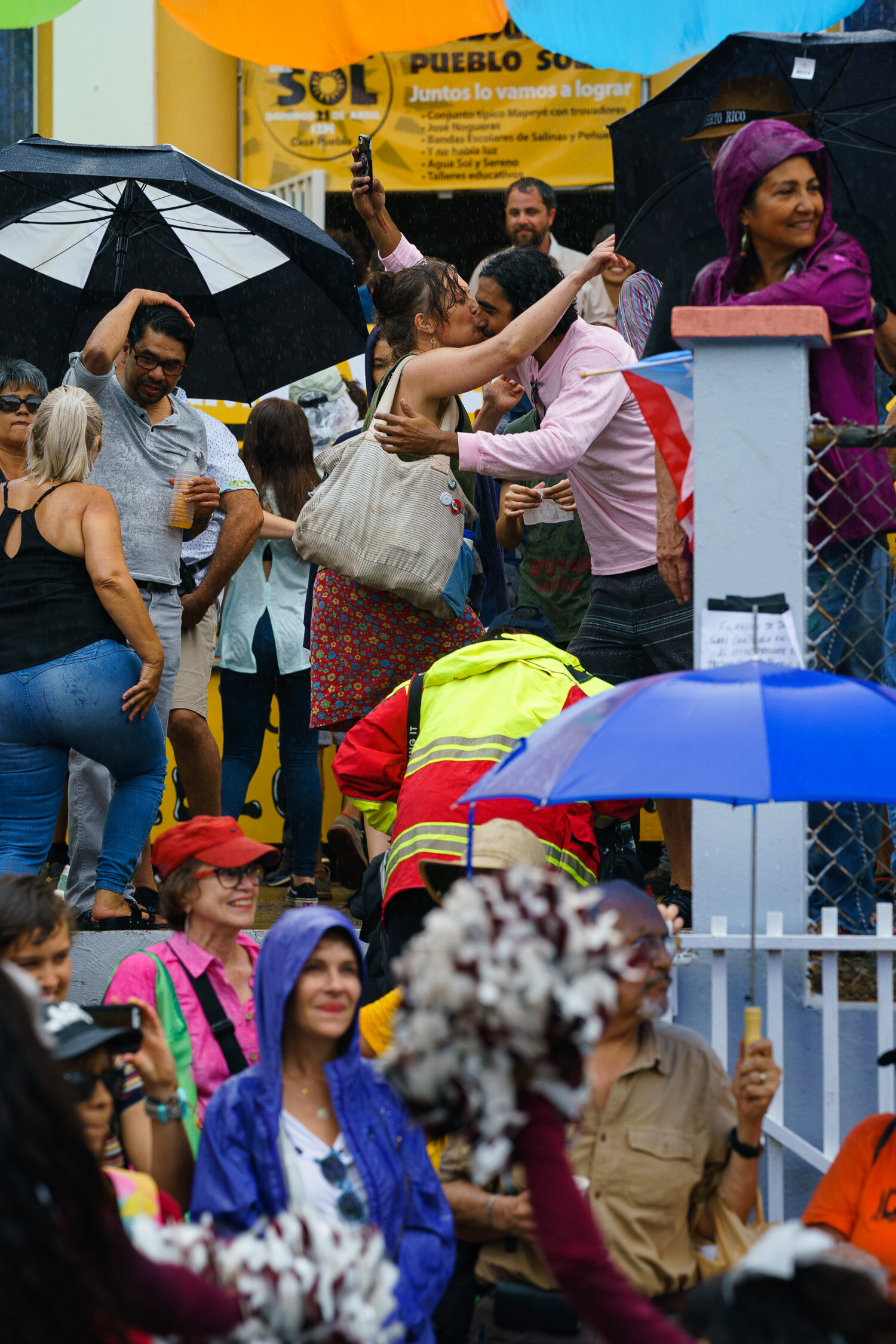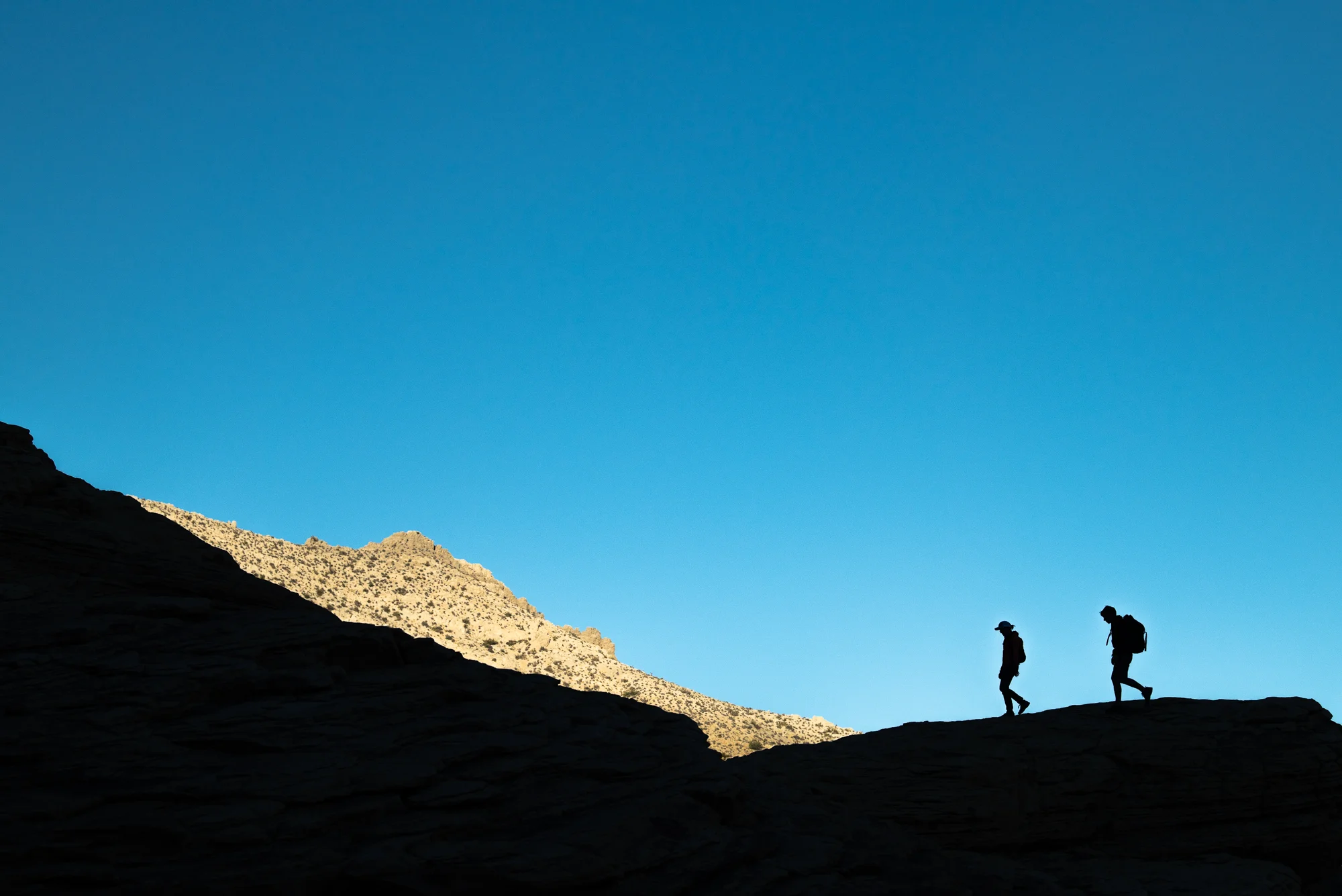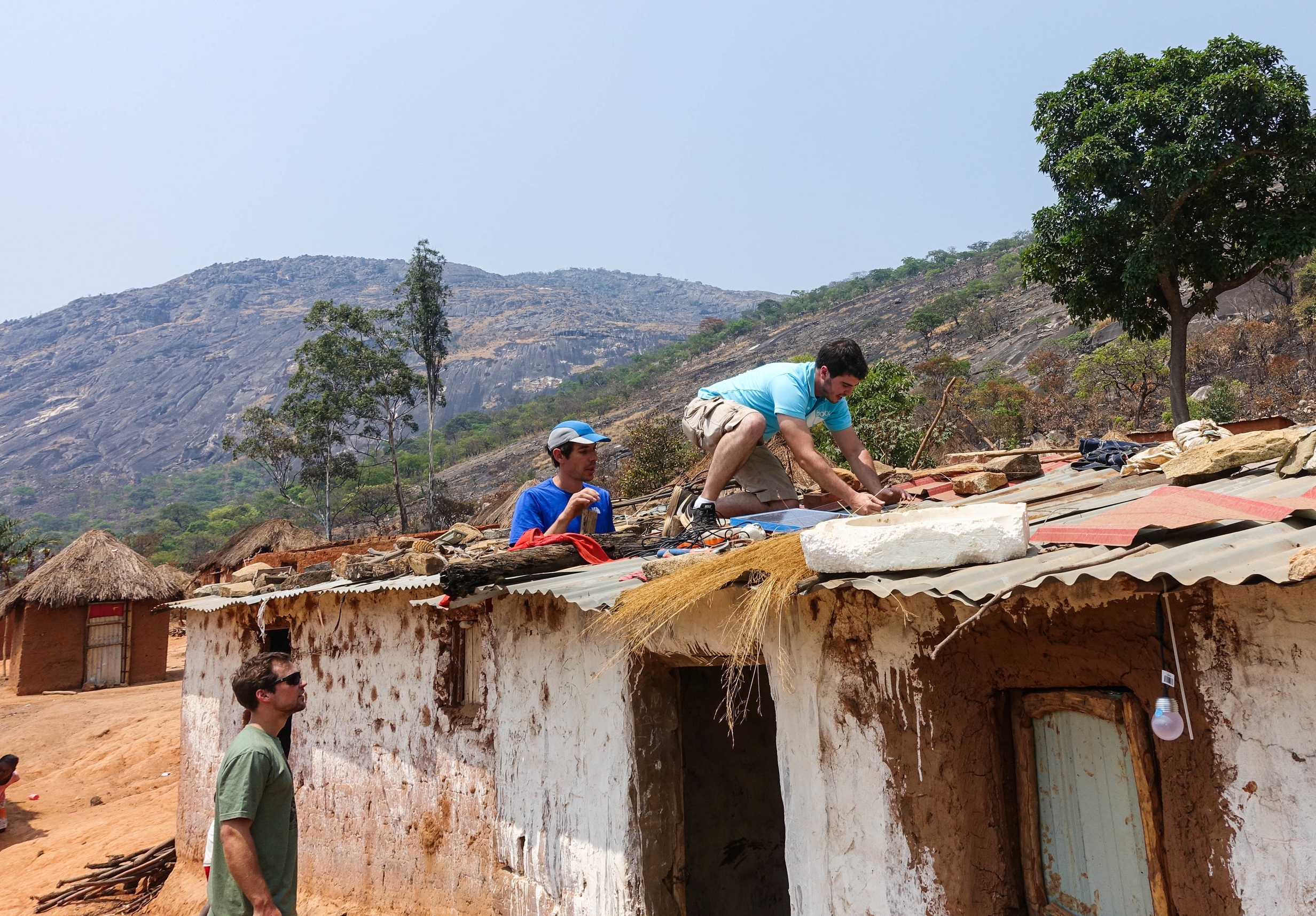Homo Deus, by Yuval Noah Harari
Alex says: “Brad Gobright recommended this to me a long time ago and I finally read it while flying too much for Free Solo screenings. I didn't really love it— it felt too futuristic and speculative. Too far out and unfounded. But gives you things to think about for sure.”
IndieBound | Amazon
The Long Walk, by Sławomir Rawicz
Alex says: “This is an epic story about a Polish POW escaping a Russian labor camp during World War II. I thought this was amazing as I read it until I mentioned it to Jimmy Chin, who told me that it was all fake. Sadly, after researching it a bit, i discovered that Jimmy was right. I wouldn't encourage anyone to read it, since it's fake…”
IndieBound | Amazon
21 Lessons for the 21st Century, by Yuval Noah Harari
Alex says: “I liked this book much more than Homo Deus. In fact, it felt like it was the book that I was expecting from Homo Deus. It seemed more relevant and more important for my own life. I rather enjoyed it.”
IndieBound | Amazon
The New Jim Crow, by Michelle Alexander
Alex says: “This book was given to me by a friend whose copy had tons of underlined and highlighted passages. It made an already incredibly powerful book even more meaningful. This book fundamentally changed the way I think about crime and incarceration in the United States. I'd strongly encourage every US citizen to read it.”
IndieBound | Amazon
Are Prisons Obsolete, by Angela Davis
Alex says: “Short answer: yes. This was a good follow up to The New Jim Crow and posed more questions about the United States justice system. Or lack thereof.”
IndieBound | Amazon
Karakoram, by Steve Swenson
Alex says: “Steve is one of the kindest men in climbing, and it was a pleasure to read his book about 30 years or so of climbing experience in the Karakoram. His expeditions and climbs are inspiring in their own right, but the life he's lived outside of climbing is maybe more impressive. And I'm hoping to climb in Pakistan this year so this was a great primer.”
IndieBound | Amazon
Measure What Matters, by John Doerr
Alex says: “This was given to me at a business event. I found it not super useful for my personal life— it probably means more to someone starting a tech company. It's all about Objectives and Key Results, which help organizations like Google align around goals. But for an individual, I think it's probably easier to just write a to do list in a journal.”
IndieBound | Amazon
Winners Take All, by Anand Giridharadas
Alex says: “This was given to me at an event by someone who thought it would be important for me to read. It was his library book, so I plowed through it in three days to make sure he could return it on time. As he predicted, it was thought provoking and relevant for me. Definitely worth a read for anyone in a position of privilege. “
IndieBound | Amazon
Prisoners of Geography, by Tim Marshall
Alex says: “Geography determines much about global politics, and this book helps untangle the mess. I really enjoyed it and felt like I learned a lot. Made me want to learn more about geopolitics.”
IndieBound | Amazon
Factfulness, by Hans Rosling
Alex says: “I think this is a pretty darn good book. My biggest take away is probably to think about the world in terms of 4 levels of development, instead of trying to break it down into west/global south or developed/developing or whatever else. It has plenty of good ideas that are well presented.”
IndieBound | Amazon
Energy and Civilization: A History, by Vaclav Smil
Alex says: “This seems like it should be extremely boring since it's basically a textbook about energy use through the ages. But it's actually surprisingly readable and interesting. It's the first Smil book that I've read, I doubt it will be the last.”
IndieBound | Amazon





